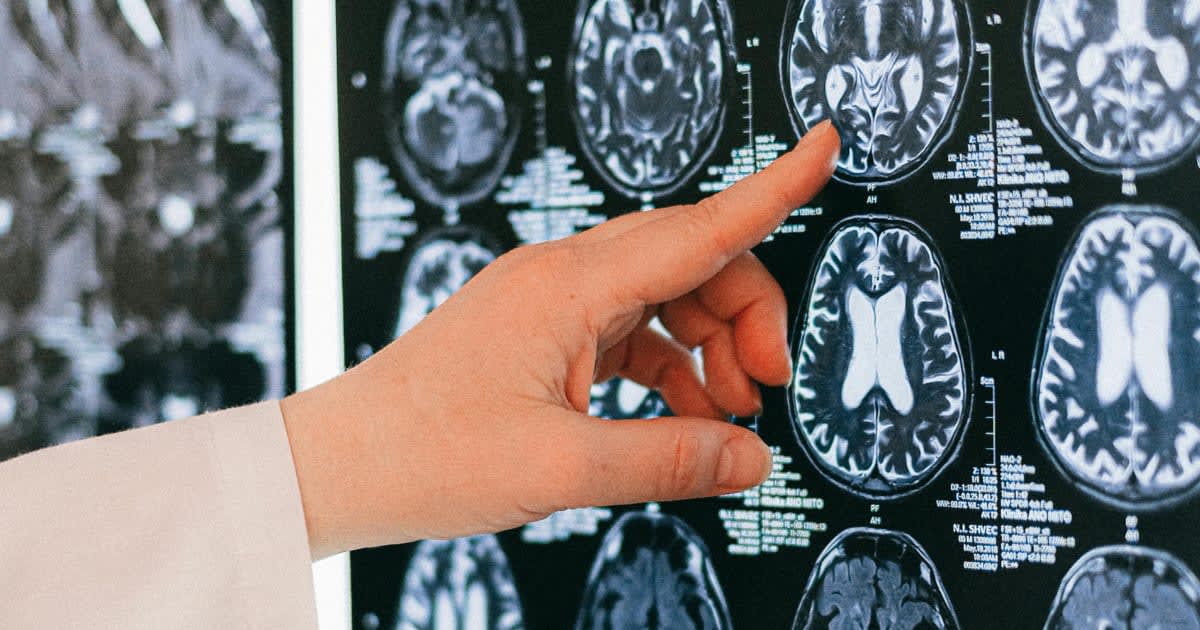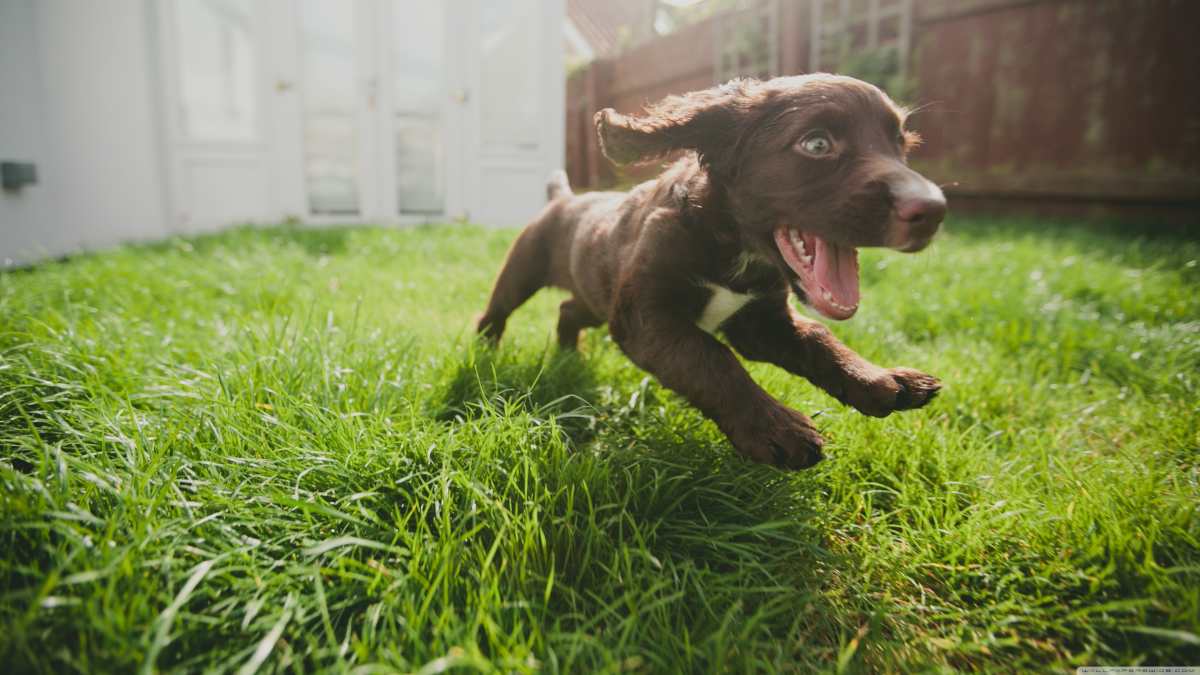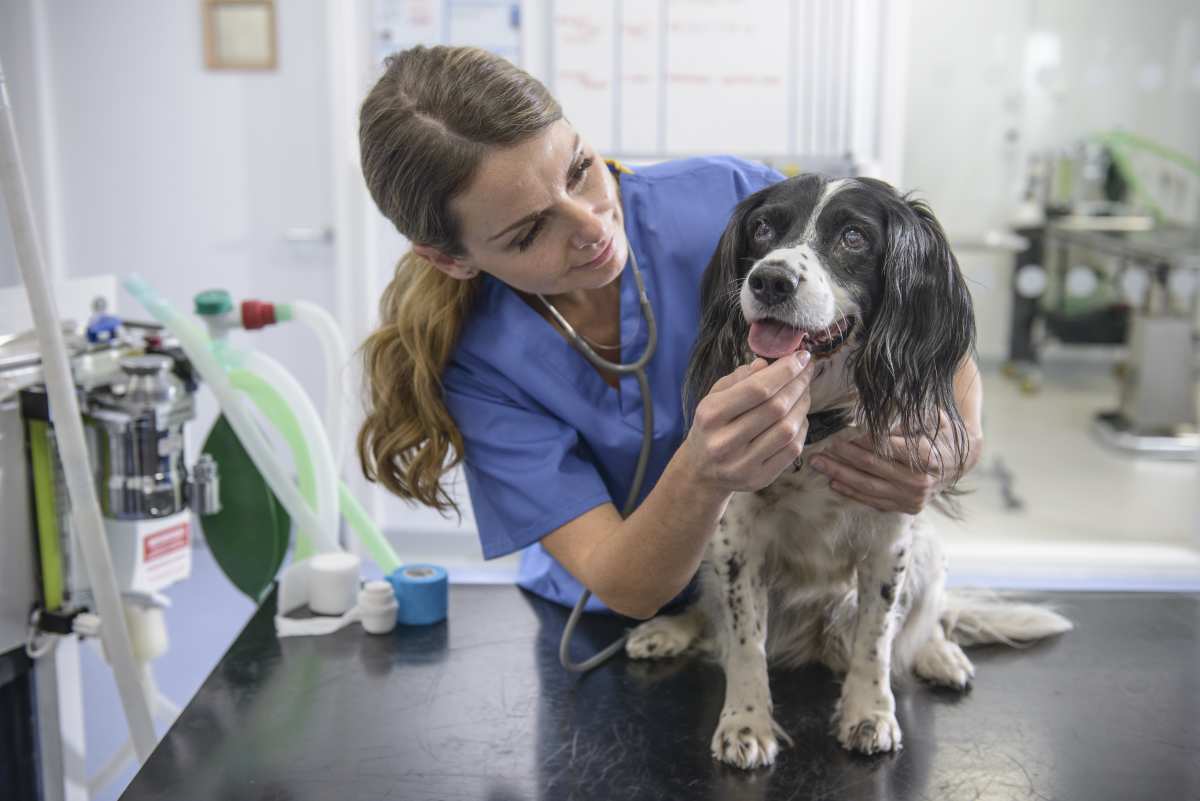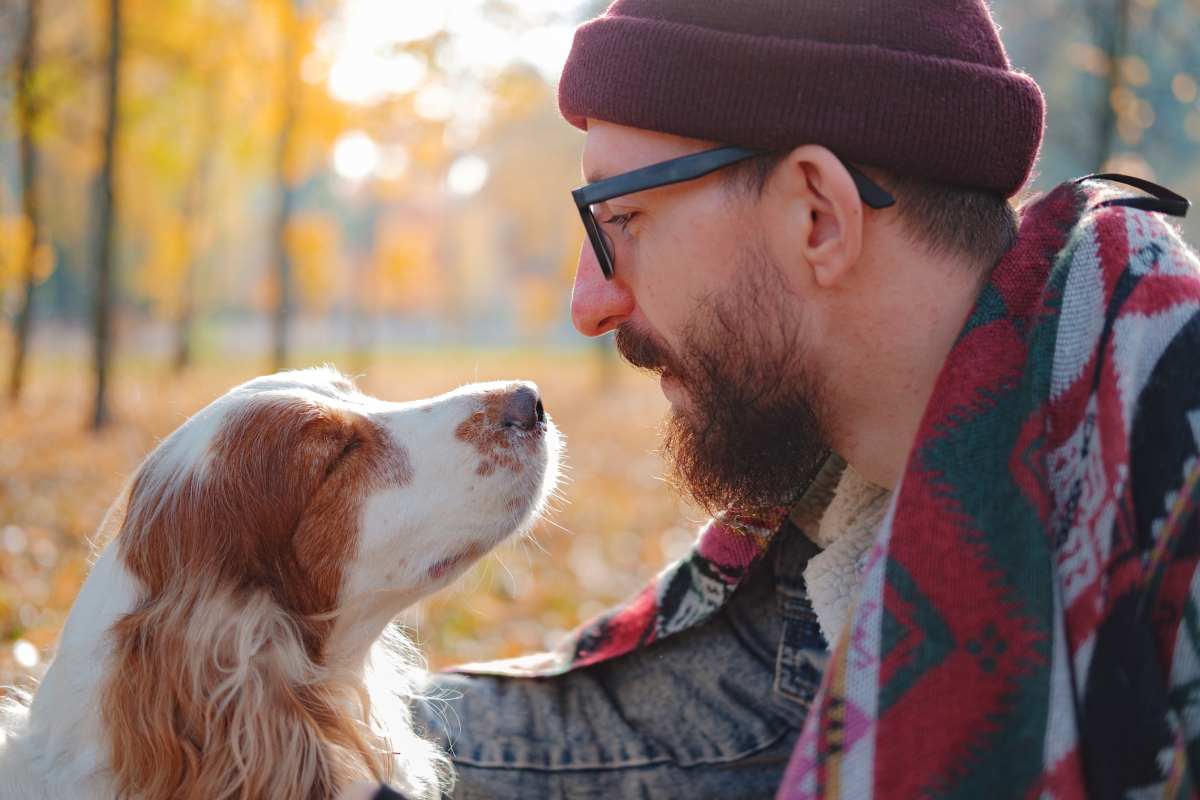Our love for quirky pets may have accidentally 'bred neurodiversity' into them, expert suggests

The idea that brains can vary in structure and function, or more commonly known as neurodivergent, is a concept humans have embraced over the years. However, recent studies have showcased the possibility of pets also having neurodiversity, with researchers uncovering many new genetic and behavioural differences in animals, especially dogs, said Senior Lecturer in Animal Science, Jacqueline Boyd from Nottingham Trent University. Scientists have been able to uncover why neurodiversity in pets is related to conditions associated with humans.

The diagnoses of ADHD (attention deficit hyperactivity disorder) and autism have made people increasingly more aware of neurodiversity. Neurodiversity is caused by structural and chemical differences in the brain that influence its function and, in turn, behavior. Autism and ADHD are two of the most commonly recognised neurodivergent conditions. The National Health Service states that autism generally involves differences in sensing information, communication, and repetitive behavior. ADHD, on the other hand, deals with attention issues and hyperactivity, as noted by another report. However, as Science Alert reported on Wednesday, November 19, 2025, scientists have been able to explore the idea that some of our animal companions can also experience varying brain functions and view the world differently.

While animals are unable to tell the difference they find in their brain's functioning, it can be detected through their behavior. For example, some animals are labelled impulsive. But this behavior that appears impulsive may simply reflect what is normal for their breed, but at the same time, research shows that many other species can showcase genetic traits and behaviors that mirror forms of neurodivergence. Other factors, according to Boyd, include neurotransmitter levels. "For instance, structural differences in genes known to be associated with hypersocial behavior have been found in dogs. Impulsive behavior in dogs is also linked to low levels of the neurotransmitters serotonin and dopamine," Boyd opined.

Scientists suggest that when humans bred animals to live with us, we may have chosen animals that act in ways similar to how neurodiverse people behave. To test this, scientists designed animal models of autism to understand the common factor between the risks and explore ways to find therapeutic help. Beagles, for example, have a mutation in a gene known as Shank3, which is related to autism in humans, that shows reduced social engagement and inattention. Beagles with this mutation are also found to show a lack of interaction. This shows that pets may experience the world in a way that aligns with neurodiversity. Boyd wrote, "Puppies who have had limited or negative early experiences with people might become less social and people-oriented."

In an earlier research by Renata Roma, a researcher at Pawsitive Connections Lab, University of Saskatchewan, revealed that people often choose pets who resemble them both in appearance and in personality. The study noted that through shared routines and emotional bonds, humans and their pets may grow even more similar over time, which leads to mirroring of each other's behavior. As a result, certain behaviors like separation issues, anxiety, fear, and compulsive tendencies can resemble the kinds of challenges seen in some neurodivergent people.